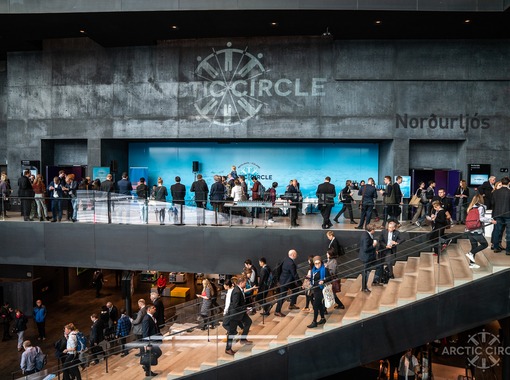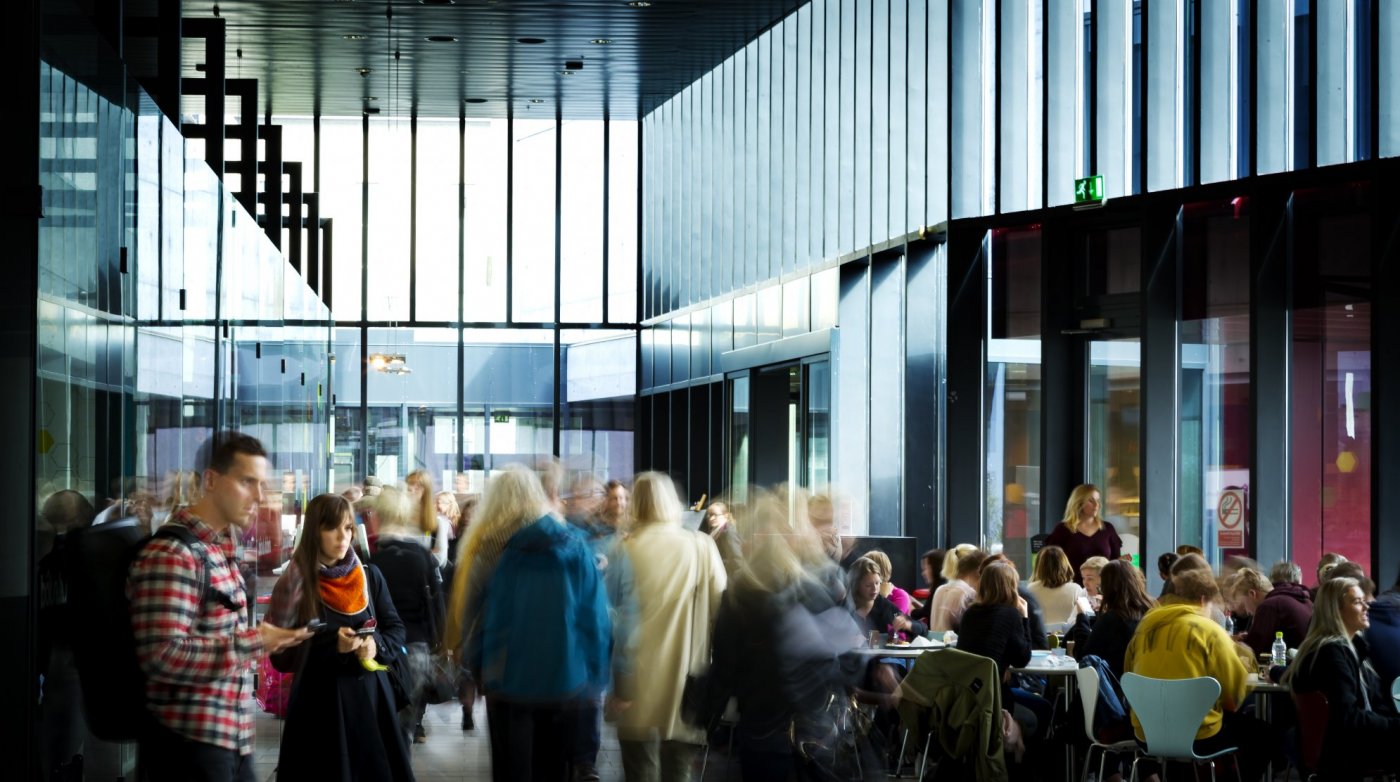Almost a hundred participants are currently registered for a University of Iceland course held in connection with the Arctic Circle Assembly in Harpa Reykjavík 10 - 12 October. The students are enrolled in all five University Schools and have never been as numerous.
The Assembly was instigated by Ólafur Ragnar Grímsson, former President of Iceland in 2013 and has been an annual event since. The Arctic Circle is the largest network of international dialogue and cooperation on the future of the Arctic with over 2,000 participants from 50 countries. The Circle is an open democratic platform with participation from governments, organizations, corporations, universities, think tanks, environmental associations, indigenous communities, concerned citizens, and others interested in the development of the Arctic. They are all invested in a dialogue and collaboration on the future of the Arctic, especially since its importance is going to increase in the coming decades, in part due to climate change.
The University of Iceland actively participates in the annual Arctic Circle Assembly, both the university’s staff and students. Academics at University of Iceland contribute to the Arctic Circle Assembly programme by organising breakout sessions with partner institutions, as well as participating in sessions organised by others.
"It has been extremely rewarding to participate in the Arctic Circle with students as it is often their first large conference and thus a new and exciting experience. It is important that students get out of the university environment and get to know views from government and industry - as it is also for us the teaching staff," says Brynhildur Davíðsdóttir the course supervisory teacher.

The University of Iceland, furthermore, enables students to attend the Arctic Circle Assembly and participate actively in the dialogue via a University course focused on the Arctic. The course has been offered for the past 5 years and aims at giving students insight into matters of the Arctic from the point of view of their field of specialization. Furthermore, they will attain knowledge and understanding of the role and interaction between academic and practical analyses, local and national governments, private businesses, non-governmental organizations and the public, in addition to the importance of economic and social issues when it comes to issues of the Arctic. Learning outcomes should include students being able to evaluate the suitability of the different methods of analysis and complex scientific issues for research and decision-making related to Arctic studies.
Ninety-two students from 30 lines of study are registered this year, more than ever before. The students are from 27 countries. The challenges facing the Arctic vary, from the melting of ice and regional development to energy matters, infrastructure, natural resources, and sustainability. The group of teachers in the course is thus interdisciplinary, with 10 lectures from three of the five University schools.
Brynhildur Davíðsdóttir is supervisory teacher as she has always been. "It has been extremely rewarding to participate in the Arctic Circle with students as it is often their first large conference and thus a new and exciting experience. It is important that students get out of the university environment and get to know views from government and industry - as it is also for us the teaching staff," she says.




